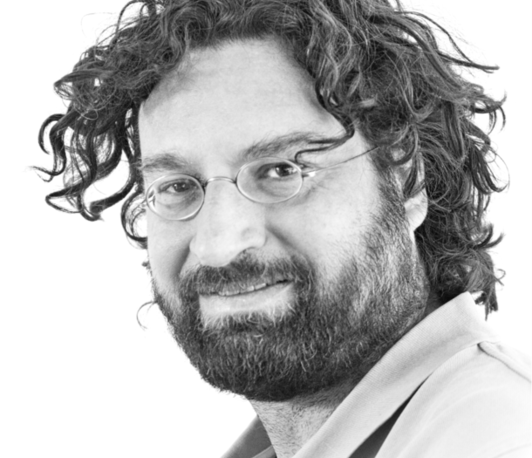The development of vision for action after sight restoration from congenital cataracts
- Datum: 23.02.2024
- Uhrzeit: 11:00 - 12:30
- Vortragende(r): Prof. Dr. Marc O. Ernst
- Ort: Max-Planck-Ring 8
- Raum: room 203 + zoom
- Gastgeber: Zhaoping Li (Junhao Liang)
- Kontakt: maria.pavlovic@tuebingen.mpg.de

The predictive nature of vision is important in the control of adept bodily actions, such as grasping, walking, or pointing. The development of such fine motor control typically occurs within the first months to years of life. Without structured vision, this development is impaired. If we were able to restore structured vision later in life, however, would it be possible to still develop adult-like predictive fine motor control? To test this question, we had the unique chance to conduct experiments with Ethiopian children (aged 6 to 20 years) who were born with bilateral dense cataracts and who were operated later in life to restore structured vision. In this talk I will report on several studies we have conducted investigating perception for action capacities and their development over roughly the 3 years we were able to follow their developmental trajectory. For example, we could show that the calibration of visuomotor behavior developed slowly within the first two years after eye surgery, while natural predictive grasping behavior relying on feed-forward control of action did not. Other tasks such as using vision in the control of balance also seemed to show a slow developmental trajectory. Comparing these tasks to earlier reports on the development of vision and multisensory perception suggests that the development of vision for the control of action might be hampered particularly strongly by an early onset visual deprivation.